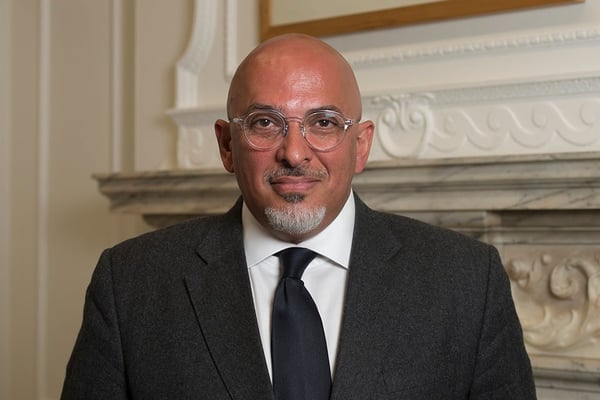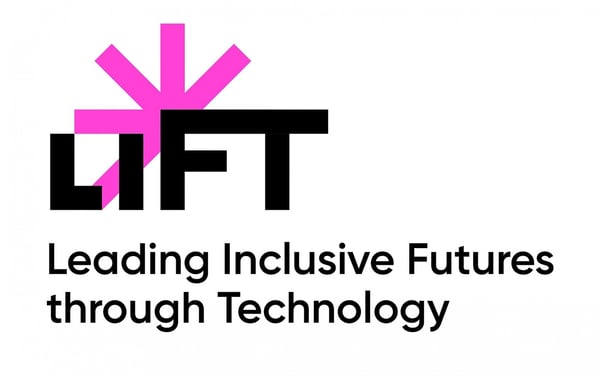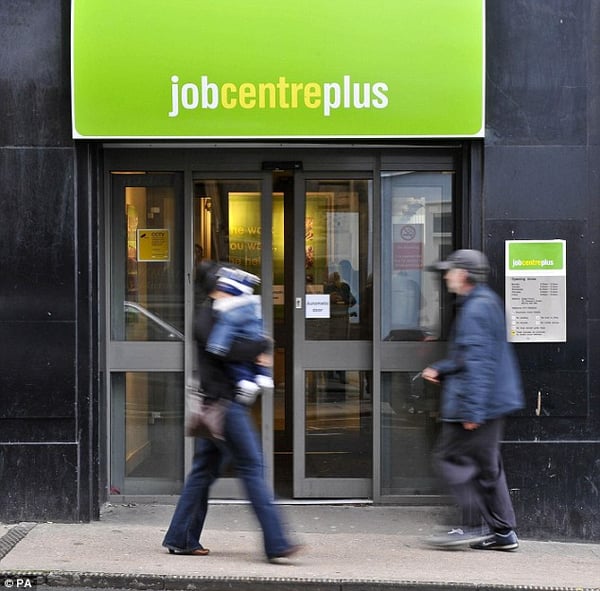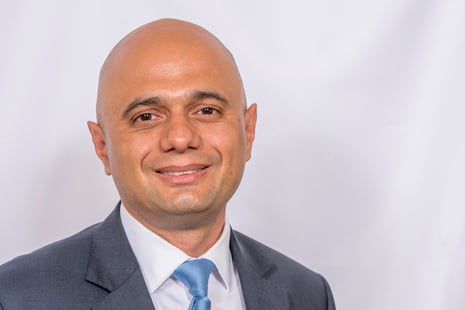£7.8m 5G trials tackle digital divide, support social care in Liverpool
The Liverpool 5G Create project builds on earlier trials with a further £4.3m in funding to stimulate the development of low-cost 5G technology as well as improving future pandemic resilience and reducing inequalities.
The initial Liverpool 5G Testbed was the first health and social care testbed in the 5G Programme. The project managed to successfully build a low cost, publicly-owned 5G network to provide affordable connectivity in a disadvantaged area of Liverpool. It also demonstrated high-quality healthcare applications and devices that could deliver both substantial cost savings to health providers as well as improved health and quality of life to its users.
The project successfully deployed a publicly-owned, operational network in the Kensington ward of Liverpool. This network provided improved connectivity to target houses and other facilities, such as care homes.
The project created the largest 5G mmWave mesh network in the UK and second largest in the world, using the city council’s fibre CCTV ring and lamp posts for the backhaul. Using wireless 5G backhaul avoids digging up roads in urban areas.
Results of the initial trial, published this week by Department for Digital, Culture, Media & Sport, highlighted a number of use cases that led to the increased investment.
Push to Talk. Devices were used to connect individuals receiving social care with local communities, to reduce loneliness. Users were connected via their phone to another user who has also pushed their button. At the end of the project, the data showed Reduced feelings of loneliness with a 75% increase in those saying they hardly felt left out, and Decreased GP use with the average number of GP visits dropped by over 15%.
Medication adherence. Paman provided on-call access to a pharmacy assistant for vulnerable people in their own home. Users were monitored taking their medication via a 4k video link during an allocated slot, ensuring the medicines are taken correctly. This led to fewer medical errors with a 50% reduction in people given the wrong medication or taking the wrong dosage, and a medication adherence level of 95% (which is 40% higher than the national average of 55%), and fewer visits to hospital with a 60% reduction in those attending hospital. Administering this service led to cost savings of over £2,000 per user per year.
There are 8.8 million people who are unpaid carers in the U.K. This testbed offers an example of how technology like this could be used to help the reduction of loneliness in people feeling socially isolated.






